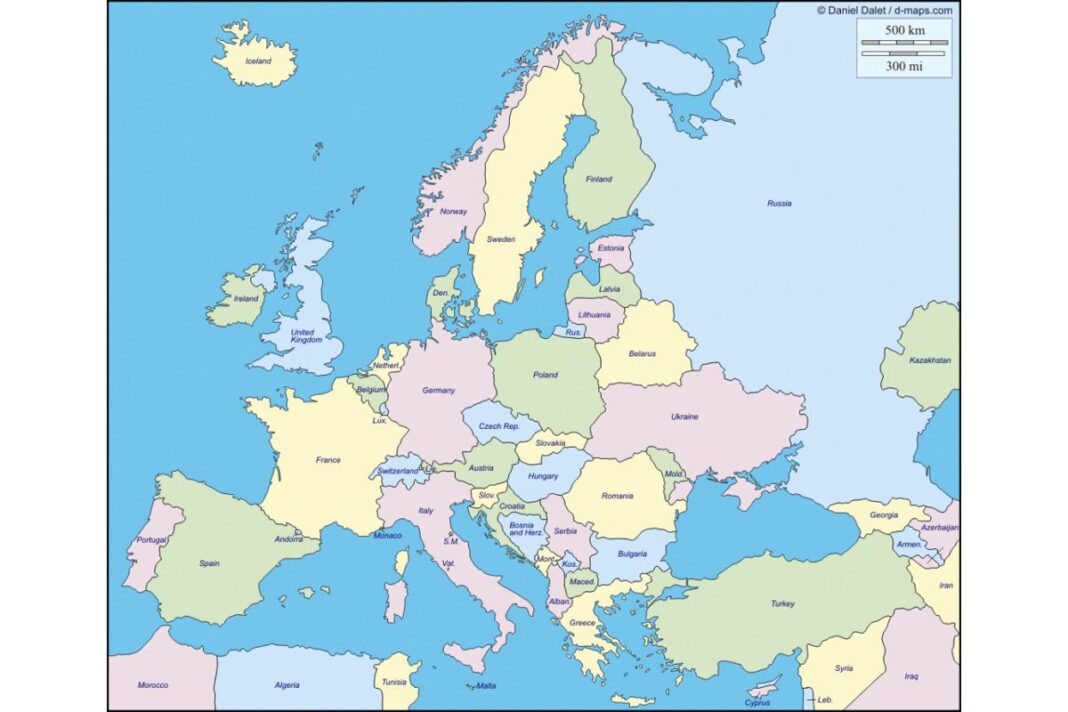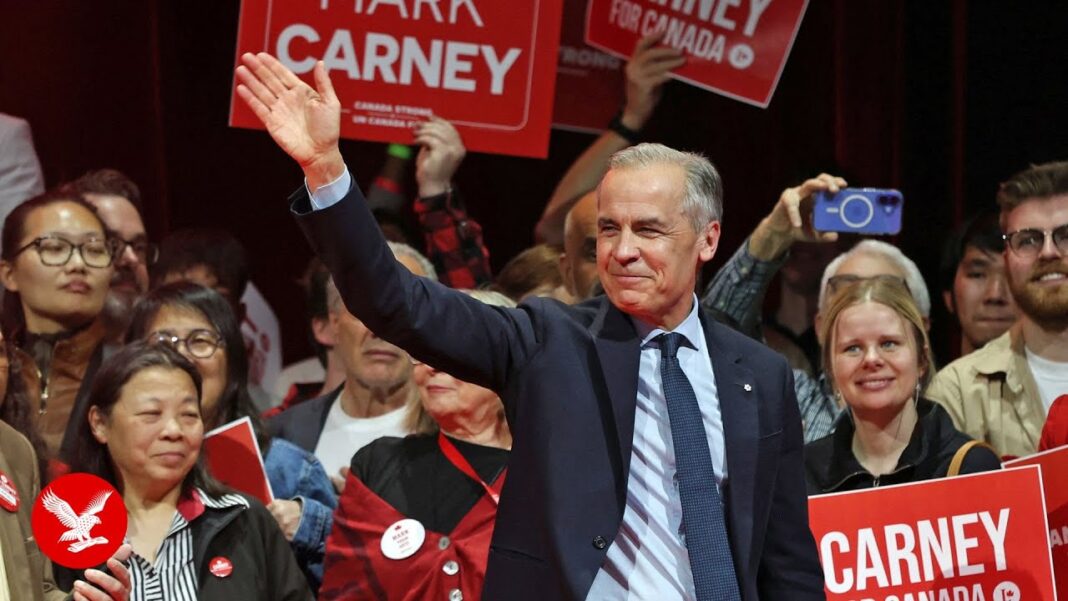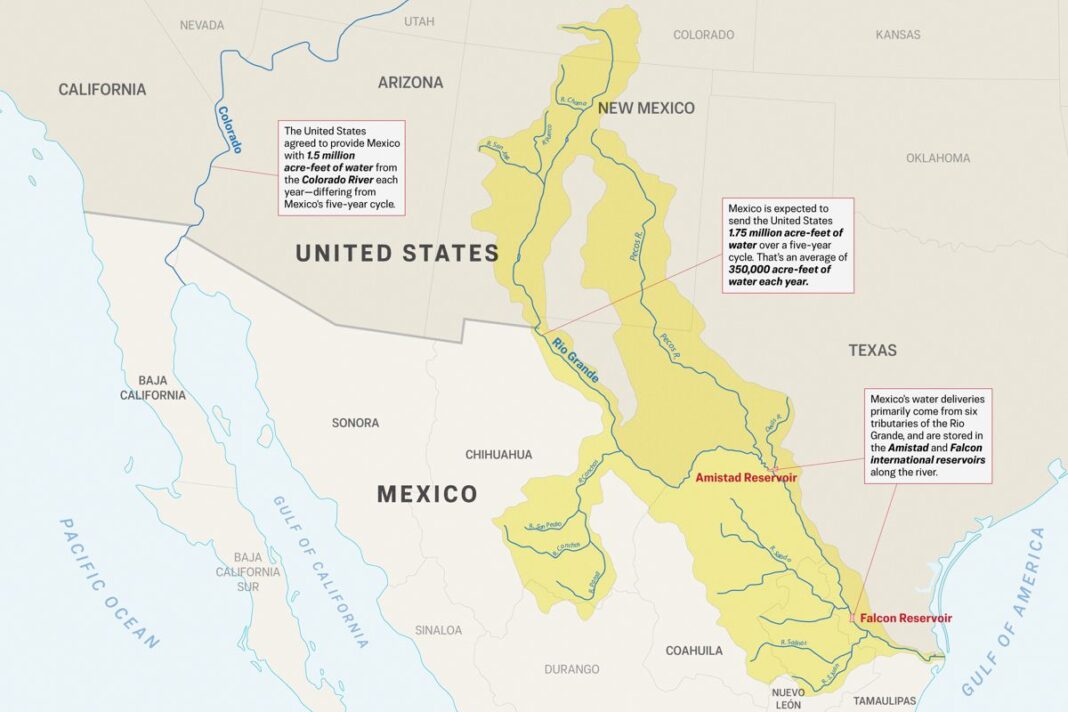With improving relations between Russia and the US, one of the biggest losers politically could be Britain. As Russia and America talk, does Britain lose relevance?
This is how the Financial Times newspaper put it: “Pity the middle-sized nations of the world.”
The ongoing restructuring of the international order has seemed to create new opportunities for second-tier powers in global politics. At one point, some observers even speculated that the era of the “medium-sized opportunist” had arrived, as the world’s traditional giants – militarily, economically, and politically – appeared sluggish and burdened by commitments. Countries like the UK were hailed as models of adaptability in this shifting environment.
But their relevance in geopolitical affairs– and certainly their long-term success – will require more than opportunistic responses, as the world’s major players begin to engage in direct, meaningful dialogue once more. The latest phase of Russia-US relations, which began with a high-level phone call between the two leaders, has already created unease among those who have politically benefited from the years of confrontation between Moscow and Washington.
Observers quickly noted the contrast between two significant diplomatic events: The highly publicized Russian-American talks in Riyadh on ending the Ukraine conflict and the simultaneous Erdogan-Zelensky “summit” in Ankara. The timing made the difference in status between these engagements even starker. Ankara had hoped to play host to the Moscow-Washington discussions but instead had to settle for a meeting with the increasingly beleaguered Ukrainian leader.
For years, Türkiye’s leadership has leveraged a bold and assertive foreign policy to maintain influence. However, President Recep Tayyip Erdogan seems to have miscalculated. A certain kind of behavior works only under specific circumstances. When those circumstances change, the perceived power of a nation often reverts to match its actual capacity. The risk Türkiye faces is clear – what once looked like skillful balancing between NATO and the Global South now appears less like strategic genius and more like a desperate scramble to maintain relevance.
Britain faces a similar dilemma
London finds itself at a crossroads. Successive British leaders have attempted to bolster their country’s geopolitical standing by taking aggressive initiatives, often pushing the boundaries of diplomatic decorum. Yet Britain lacks the military and political strength to act independently on the world stage, and its economy remains in a fragile state.
For years, the US enlisted Britain to play an active role, sometimes giving the impression of independent policy-making. This suited Washington when it needed a loyal ally to carry out specific tasks while maintaining plausible deniability. Now, however, the mood in Washington is shifting, and the need for intermediaries has diminished. The latest realignments in transatlantic relations suggest that Britain’s influence is waning.
Britain must get real about its place in the world. The UK needs a more sober and trustworthy approach if it is to reinvent its global role as a medium power ‘with extra clout’, writes John Kampfner.
Britain is understood today as a medium size power. That’s not something for it to be ashamed of, but something it, as a nation, struggles to accept.
The British press is already expressing alarm over this shift. While Germany and France may still find uses for Britain in specific instances, they will not follow its lead if the US is no longer inclined to do so. This raises uncomfortable questions about Britain’s role in the evolving global order and its diminishing ability to influence major geopolitical decisions.
The fluctuating fortunes of nations that once appeared to be the main beneficiaries of the crisis in relations between Russia and the West highlight a deeper truth – world politics is far more conservative than it may appear. Nations may adapt to changing circumstances, but stability and reputation matter more than opportunistic maneuvering.
A good reputation is built on multiple factors, but the most critical is a strong and confident position at home. A country that relies too heavily on playing the role of mediator or leveraging short-term diplomatic gains risks overestimating its importance. When the great powers decide to engage directly, these intermediaries can quickly find themselves sidelined.
Britain provides a clear example of this phenomenon. It has spent years attempting to position itself as an indispensable actor in the shifting global landscape. But, as the contours of the new world order take shape, its ability to maintain this balancing act is diminishing.
Britain has lost its status as a major player on the international stage since Brexit, David Miliband has said. Writing in the Express, the former Labour MP warned of the UK’s waning influence in the aftermath of its split with the European Union, saying it is now just one of many “middle powers” in the world.“We do not have the finance of Saudi Arabia, the EU anchor of France, the regional activism and risk appetite of Turkey or the demographic strength of India or Indonesia,” he said.
“Our wealth, military assets and reputation have all declined relative to others in the last decade.”
“We have an imperative to understand the realities of our power as it is today, and not as it used to be.”
The current recalibration of Russia-US relations is still in its early stages, and its full impact remains to be seen. One thing, however, is already clear: The period when medium-sized powers could exploit great-power rivalries to enhance their own status is coming to an end. As the global behemoths resume direct negotiations, those who thrived on chaos and confrontation may soon find themselves searching for a new role in an increasingly restructured global order.
The leaders of the United Kingdom must come to terms with the ramifications of its real geopolitical power. They should put the “Great” back into their beloved Britain – and there are ways to do this. The courageous people of this remarkable – and still formidable country – have endured centuries of European conflict, two world wars and the Cold War. They deserve better from those who dare lay claim to leadership, irrespective of their political orientation.








